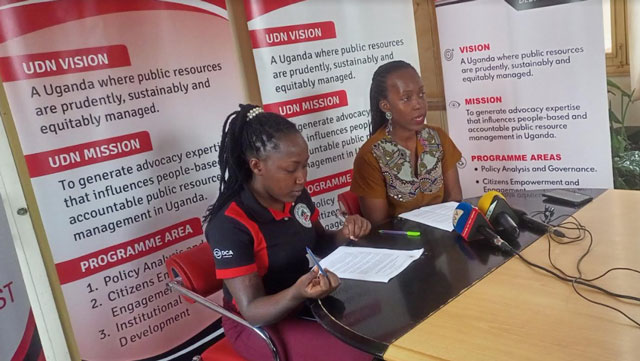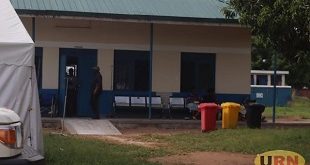
Kampala, Uganda | THE INDEPENDENT | Ugandan parliament need to enact a comprehensive law on pandemics to guide on emergency accountability and reporting mechanisms to prevent haphazard expenditure.
Christine Byiringiro, program manager at Uganda Debt Network said the loopholes manifested during the COVID-19 procurement related process such as full payment for supplies prior to their delivery and inflated costs of products including medical supplies, calls for a streamlined, well-coordinated and a strong institutional capacity to manage pandemics and other unprecedented natural disasters.
“This (law) should be comprehensive enough to prevent, detect and correct irregularities in raising, utilising and accountability of funds,” she said.
Byiringiro said whereas government is commended for providing accountability for coronavirus resources through various media platforms such as radios, televisions as well as through reports such as the finance ministry, auditor general, parliament and health ministry reports, there remains areas of concern.
She said for instance that the Auditor General’s special audit report on expenditure relating to COVID-19 for FY2020/2021 highlighted Shs253.59bn as having been released and received by the health ministry for procurement of medical supplies, 282 motor vehicles, payment of salaries and allowances to health workers ,masks, intensive care equipment and others but there was diversion of Shs7.98bn.
“Delay in the installation of intensive care equipment in Gulu, Mbarara, Bombo and Lacor hospitals due to building inadequacies means that some lives were lost,” she said, adding that this situation impliesthat some lives must have lost in the process.
At the same time, Hilda Tumuhe, a research assistant at Uganda Debt Network said inefficiency in utilization of COVID-19 funds by regional referral hospitals was also identified especially in relation to variations in the unit costs for food served to COVID-19 patients, mischarges, duplicated activity report, doubtful burials and domestic arrears for hospitals such as Gulu and Arua.
“For example, by 17 th August 2020, Arua Regional Referral Hospital had accumulated a huge amount of arrears worth Shs278million on food, refreshments, allowances and accommodation for the health workers or staff,” she said.
Possible remedies
Going forward, Tumuhe said the government should investigate and prosecute all persons involved in COVID-19 funds fraud to deter possible occurrences.
“All public institutions should be streamlined and facilitated to build stronger internal control systems to manage emergencies with strict adherence to and compliance with financial management and procurement regulations,” she said.
“And with the several scientists inventing vaccines, medicine and medical supplies, the government should set clear budget ceiling for innovation grants before they are approved since their value is difficult to determine and the probability of exaggerating the value is high.” Uganda has since confirmed 162,443 COVID-19 cases and 3,565 deaths.
 The Independent Uganda: You get the Truth we Pay the Price
The Independent Uganda: You get the Truth we Pay the Price



